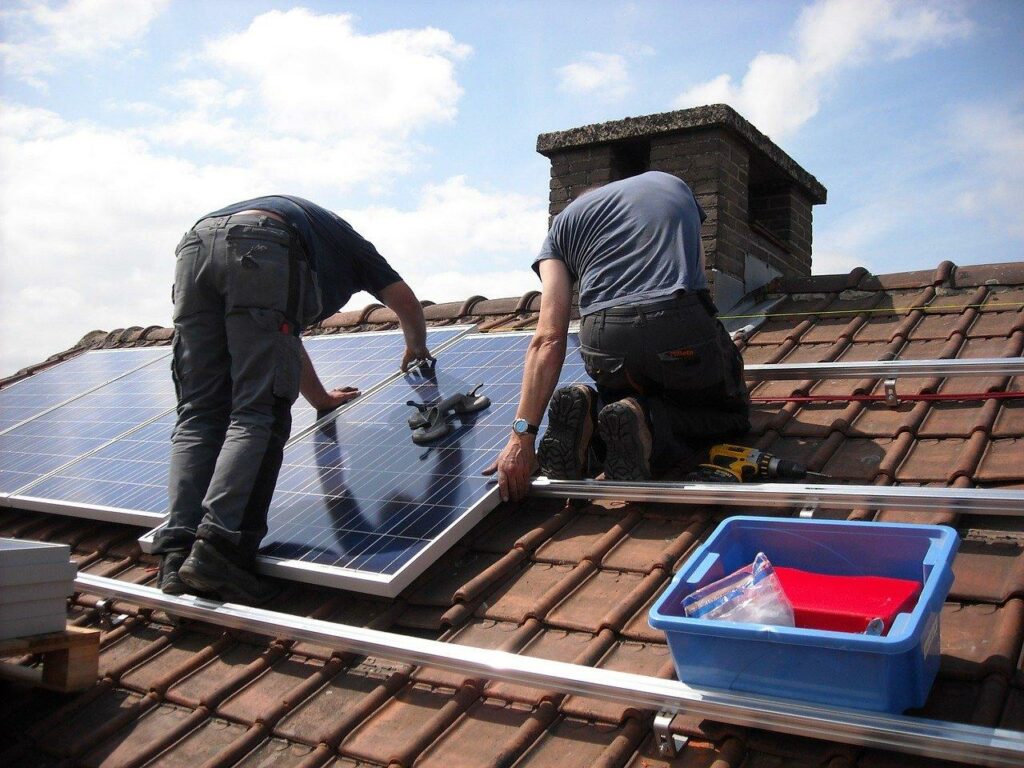As gas prices remain high, the Association for Renewable Energy and Clean Technology (REA) has published a six point plan to tackle the current energy bill crisis.
First among these points is the recommendation to move ‘green’ levies into general taxation, although this must be ring fenced at an equivalent value. While the REA said the investment the levies provide has been “crucial” for driving the energy transition, it said investment would be more appropriate to be sourced from the general taxation.
The government should also introduce a commercial loan scheme to support energy suppliers in managing the elevated wholesale gas prices and protect customers from additional costs. In 2021 27 suppliers collapsed, with 25 of these going under after gas prices began to climb from August.
Additionally, the REA said that VAT on energy bills should be suspended for a year, with this mitigating against the expected rise. Energy bills are expected to rise further, with Cornwall Insight suggesting that the price cap could jump 46% for summer 2022 to £1,865 as a result of the high power prices alongside the supplier collapses, with costs of suppliers being absorbed into the Supplier of Last Resort scheme to be passed onto consumers.
Indeed, in November, Ofgem announced it is to consult on the energy price cap, given the slew of supplier exits
VAT should also be removed on all domestic renewable and clean technology to help households move away from fossil fuels- a key ask from the REA for some time.
Dr Nina Skorupska CBE, chief executive of the REA, said the government must “provide a catalyst” to better insulate homes and increase renewable energy installations to protect households from volatile gas prices.
“We want the financial burden of fossil fuels to be a non-issue within five years – to do that the government must rapidly accelerate the shift to renewables and clean technology,” she said.
As such, the government should expand eligibility and increase the value of the Warm Homes Discount to ensure there is additional support for those who need it, as well as establish an effective home insulation scheme by 2022 to ensure all houses be EPC rating C at a minimum by 2024/25.
The government’s Green Homes Grant scheme was intended to provide support for insulation installations, as well as other clean technologies such as heat pumps and solar thermal.
However, it closed early with a report from the National Audit Office later showing that just 20% of the £1.5 billion initially allocated to the scheme would be spent while just 47,500 homes would receive low carbon installations, falling short of the original 600,000 goal.






